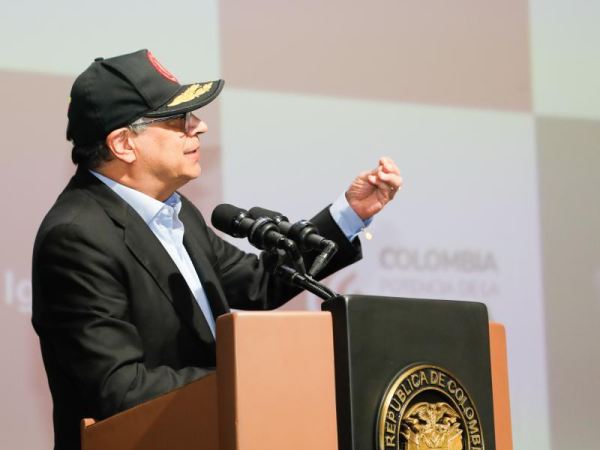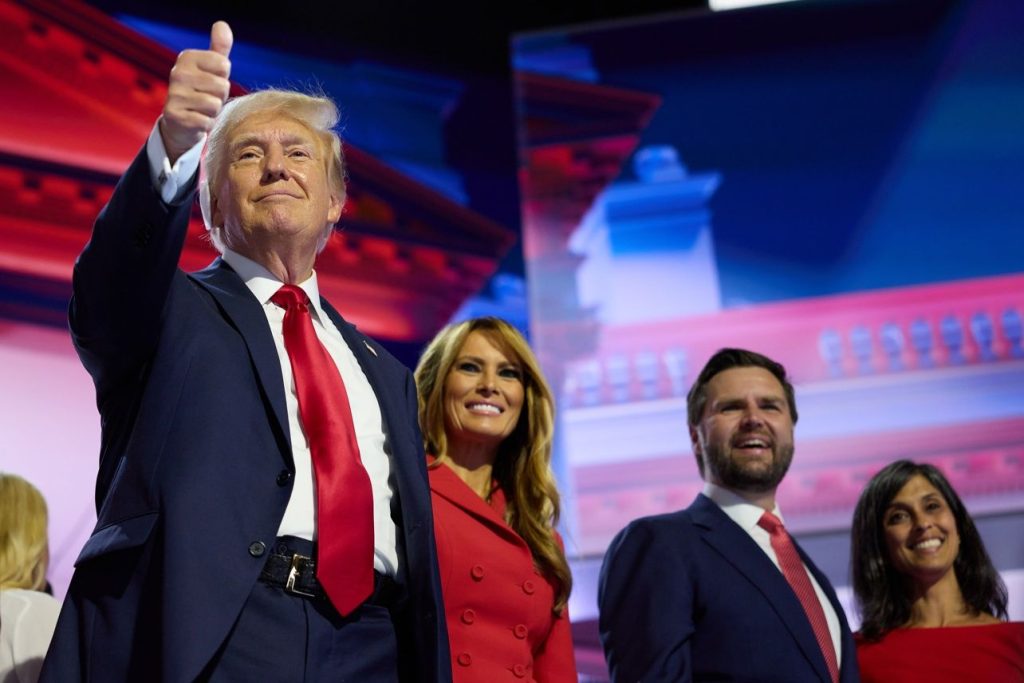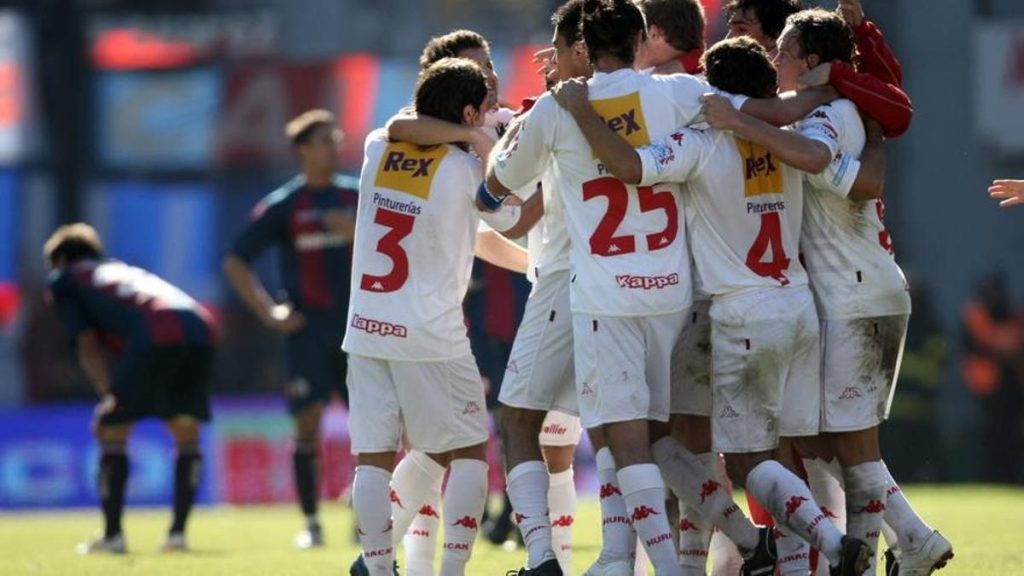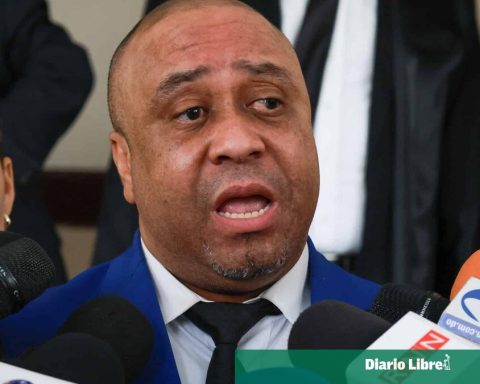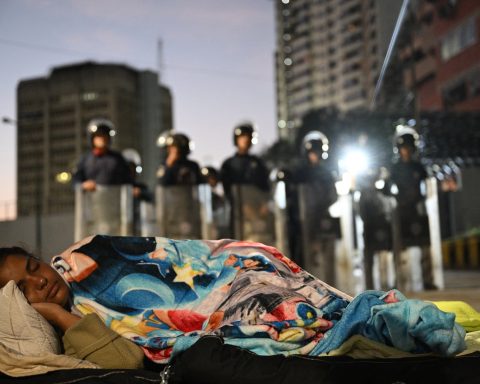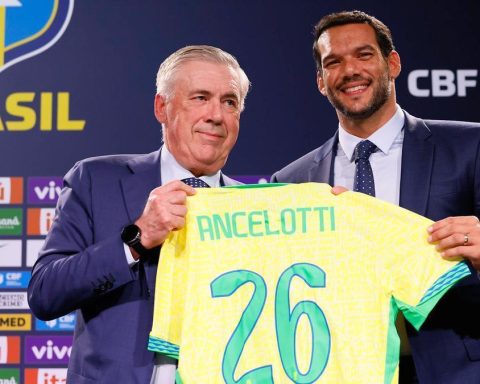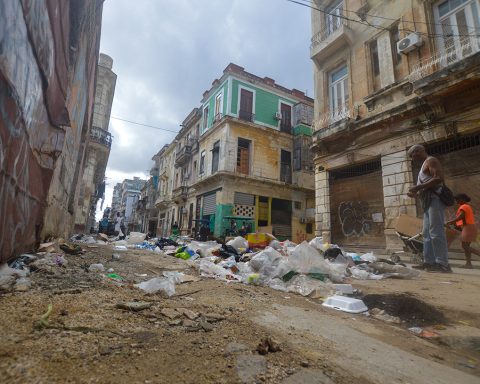The implementation of peace agreements achieved by the State and by the extinct guerrilla of the Farc It has been slowly incorporated into the country, something that has even caught the attention of the international community.
As far as the current Government is concerned, led by the President Gustavo Petrohas recently proposed to carry out a ‘fast track’with the aim of implementing the agreements more quickly.
(You may be interested in: Reactivation and reforms: Government priorities in the new legislative period).
It is worth mentioning that this method, officially known as ‘Special Legislative Procedure for Peace’ It was designed to facilitate the approval of essential regulations for the implementation of agreements in a short legislative period. This would make peace-related projects a priority in Congress..
Peace agreement
EFE
But is it really appropriate to speed up the process agreed in Havana? Germán Camilo Prieto, associate professor at the Faculty of Political Sciences and International Relations of the Pontifical Javeriana Universityin statements to Portafolio, assured that this method, although it is intended to give priority to matters related to peace, many congressmen do not agree with it being carried out.
(Further: Training, support and other projects focused on social neighborhoods).
“It is an alternative that, in my opinion, makes perfect sense to be presented in the current context, but we know that a good part of Congress does not agree with this fast track initiative. So, the panorama at this moment is definitely quite complex.“, he assured.
The expert recalled the moment when the ‘fast track’ was used to provide the content of the agreements by the government of Juan Manuel Santos. “The Government wants to use this mechanism again because it considers that through ordinary means it has not been possible to advance the reforms necessary to comply with the agreement. And because he has two years left in government, President Petro, due to his campaign promises and commitments, and of course, in government, is eager to see these reforms made in order to comply with the peace agreement.“, said.

Congress of the republic
Cesar Melgarejo / THE TIME
Prieto mentions that the great agenda of initiatives proposed by the head of State may end up playing against him, taking into account that many of his ideas have not been accepted by many congressmen, so insisting on taking this route can make legislators feel pressured.
(Further: PND article on land purchase processes through voluntary offer is overturned).
“The panorama in this sense is also very complex, because as President Petro had previously been talking about different ways of reforming the Constitution, talking about a referendum, a national constituent assembly, Congress or a good part of Congress today may feel pressured, even threatened, that if it does not approve these reforms through the Fast Track route, then the government will again opt to try to convene a national constituent assembly.“, said.
And I add: “It is therefore a climate of tension, in which it will be very difficult for the government to get Congress to approve these reforms through the Fast Track system. And in any case, it is Congress that approves the reforms. So the government will have to negotiate and reach a consensus on these reforms with the political parties. And this is something that at the moment has a rather bumpy road.“.
BRIEFCASE
